Ditapis dengan
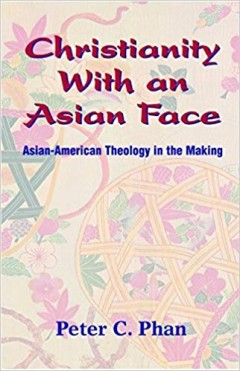
Christianity With an Asian Face: Asian American Theology in the Making
Christianity With an Asian Face: Asian American Theology in the Making published in the year 2003 was published by Orbis Books. View 653 more books by Claretian Publications. The author of this book is Peter C. Phan . This is the Paperback version of the title "Christianity With an Asian Face: Asian American Theology in the Making " and have around pp. 256 pages. Christianity With an Asian Face…
- Edisi
- First Published
- ISBN/ISSN
- 1-57075-466-7
- Deskripsi Fisik
- xvii + 253 pg.; 23,5 cm.
- Judul Seri
- -
- No. Panggil
- 230.08995073 PHA c
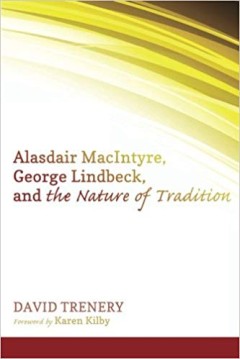
Alasdair MacIntyre, George Lindbeck and the Nature of Tradition
What should we believe, and why should we believe it? This book addresses these questions through a critical exposition of the work of the contemporary philosopher Alasdair MacIntyre and of the theologian George Lindbeck, the father of postliberal theology. The book argues that MacIntyre's philosophical development can be seen as a response to the question of how belief in a comprehensive metap…
- Edisi
- First Print
- ISBN/ISSN
- 978-1-62564-705-4
- Deskripsi Fisik
- xv + 270 pg.; 23 cm.
- Judul Seri
- -
- No. Panggil
- 146 TRE a
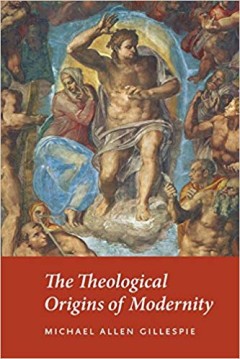
The Theological Origins of Modernity
Exposing the religious roots of our ostensibly godless age, Michael Allen Gillespie reveals in this landmark study that modernity is much less secular than conventional wisdom suggests. Taking as his starting point the collapse of the medieval world, Gillespie argues that from the very beginning moderns sought not to eliminate religion but to support a new view of religion and its place in huma…
- Edisi
- Cetakan ke-1
- ISBN/ISSN
- 978-0226-293-45-5
- Deskripsi Fisik
- xiii + 386 pg.; 23 cm.
- Judul Seri
- -
- No. Panggil
- 190 GIL t
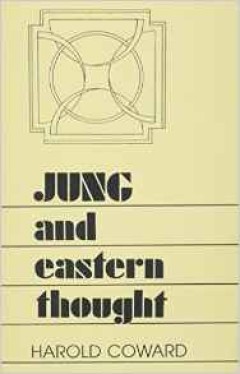
Jung And Eastern Thought
Jung and Eastern Thought is an assessment of the impact of the East on Jung s life and teaching. Along with the strong and continuing interest in the psychology of Carl Jung is a growing awareness of the extent to which Eastern thought, especially Indian ideas, influenced his thinking. This book identifies those influences that he found useful and those he rejected. In Hindu, Buddhist, and Tao…
- Edisi
- -
- ISBN/ISSN
- 0887060528
- Deskripsi Fisik
- xv + 218 hlm.; 23 cm.
- Judul Seri
- -
- No. Panggil
- 150.1954 COW j
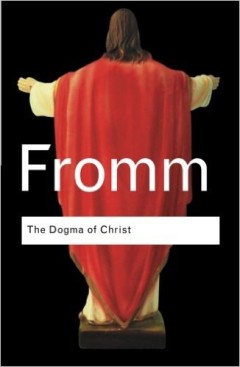
The Dogma of Christ and Other Essays on Religion Psychology and Culture
When he was 26, the great psychoanalyst and philosopher Erich Fromm abandoned Judaism, though he himself was descended from a long line of rabbis and the product of a devout Jewish upbringing. The title essay of this collection was first published in 1930, just four years after he made that first, decisive split. It was to point towards the future Fromm's work, presenting the view that an under…
- Edisi
- -
- ISBN/ISSN
- -
- Deskripsi Fisik
- viii + 151 pg.; 22 cm.
- Judul Seri
- -
- No. Panggil
- 201.615 FRO d
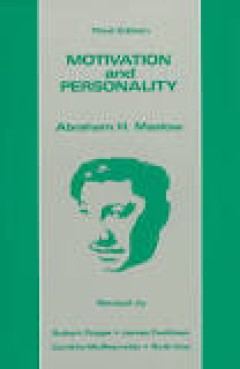
The Origins Of Religion: Totem And Taboo, Moses And Monotheism And Other Works
- Edisi
- -
- ISBN/ISSN
- -
- Deskripsi Fisik
- 413 pg.; 20 cm.
- Judul Seri
- -
- No. Panggil
- 202.4 FRE o
- Edisi
- -
- ISBN/ISSN
- -
- Deskripsi Fisik
- 413 pg.; 20 cm.
- Judul Seri
- -
- No. Panggil
- 202.4 FRE o

The Sociology of Religion: A Strudy of Christendom Volume 4
- Edisi
- -
- ISBN/ISSN
- -
- Deskripsi Fisik
- xii + 340 pg.; 22 cm.
- Judul Seri
- -
- No. Panggil
- 306.6 STA s 4
- Edisi
- -
- ISBN/ISSN
- -
- Deskripsi Fisik
- xii + 340 pg.; 22 cm.
- Judul Seri
- -
- No. Panggil
- 306.6 STA s 4
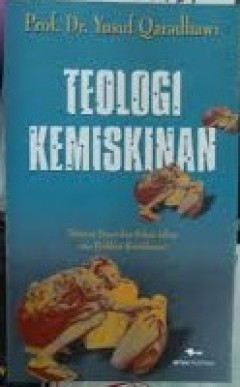
The Individual and His Religion: A Psychological Interpretation
- Edisi
- -
- ISBN/ISSN
- -
- Deskripsi Fisik
- xiv + 170 pg.; 18 cm.
- Judul Seri
- -
- No. Panggil
- 261 ALL i
- Edisi
- -
- ISBN/ISSN
- -
- Deskripsi Fisik
- xiv + 170 pg.; 18 cm.
- Judul Seri
- -
- No. Panggil
- 261 ALL i

The Sociology of Religion: A Strudy of Christendom Volume 5
- Edisi
- -
- ISBN/ISSN
- -
- Deskripsi Fisik
- ix + 453 pg.; 22 cm.
- Judul Seri
- -
- No. Panggil
- 306.6 STA s 5
- Edisi
- -
- ISBN/ISSN
- -
- Deskripsi Fisik
- ix + 453 pg.; 22 cm.
- Judul Seri
- -
- No. Panggil
- 306.6 STA s 5

The Sociology of Religion: A Strudy of Christendom Volume 2
- Edisi
- -
- ISBN/ISSN
- -
- Deskripsi Fisik
- viii + 357 pg.; 22 cm.
- Judul Seri
- -
- No. Panggil
- 306.6 STA s 2
- Edisi
- -
- ISBN/ISSN
- -
- Deskripsi Fisik
- viii + 357 pg.; 22 cm.
- Judul Seri
- -
- No. Panggil
- 306.6 STA s 2
 Karya Umum
Karya Umum  Filsafat
Filsafat  Agama
Agama  Ilmu-ilmu Sosial
Ilmu-ilmu Sosial  Bahasa
Bahasa  Ilmu-ilmu Murni
Ilmu-ilmu Murni  Ilmu-ilmu Terapan
Ilmu-ilmu Terapan  Kesenian, Hiburan, dan Olahraga
Kesenian, Hiburan, dan Olahraga  Kesusastraan
Kesusastraan  Geografi dan Sejarah
Geografi dan Sejarah